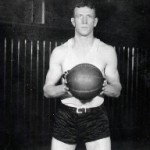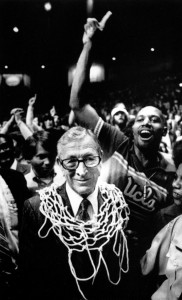Everyone knows the play, Romeo and Juliet, but fewer have read carefully enough to note that it is not the story of a “perfect love”, but the story of impulsive, even mad behaviour by the lovers, by Juliet’s distant and self-absorbed parents, and by Romeo’s friends, to say nothing of a city poisoned by the “ancient grudge” between the Montagues and the Capulets. Friar Lawrence, though a coward in the end, tries to heal fractured Verona and be a loving father confessor for Romeo. When Romeo “stand[s] on sudden haste” in marrying Juliet, Lawrence chides him (Act 2 Scene 3):
“Wisely and slow; they stumble that run fast.”
Later, though he is daunted by the desperation of the young lovers (Juliet has already threatened suicide), he again speaks of wisdom and the true nature of love. Nobody listens, even 400 years after Shakespeare wrote the lines:
These violent delights have violent ends
And in their triumph die, like fire and powder,
Which as they kiss consume: the sweetest honey
Is loathsome in his own deliciousness
And in the taste confounds the appetite:
Therefore love moderately; long love doth so;
Too swift arrives as tardy as too slow. (Act 2 Scene 6)
We still prefer the Balcony Scene, and yes, Billy did some pretty great writing there, too.


